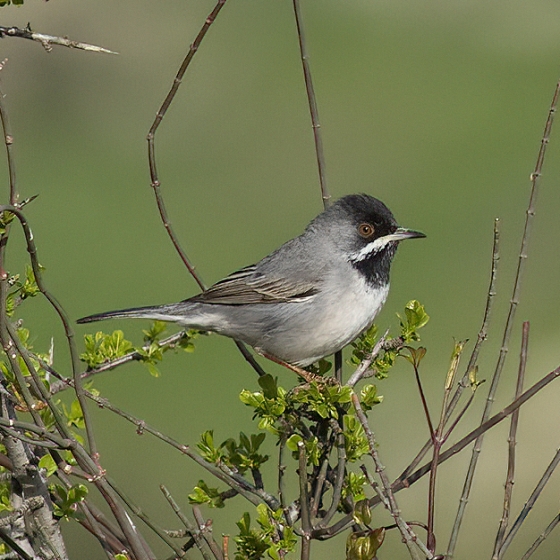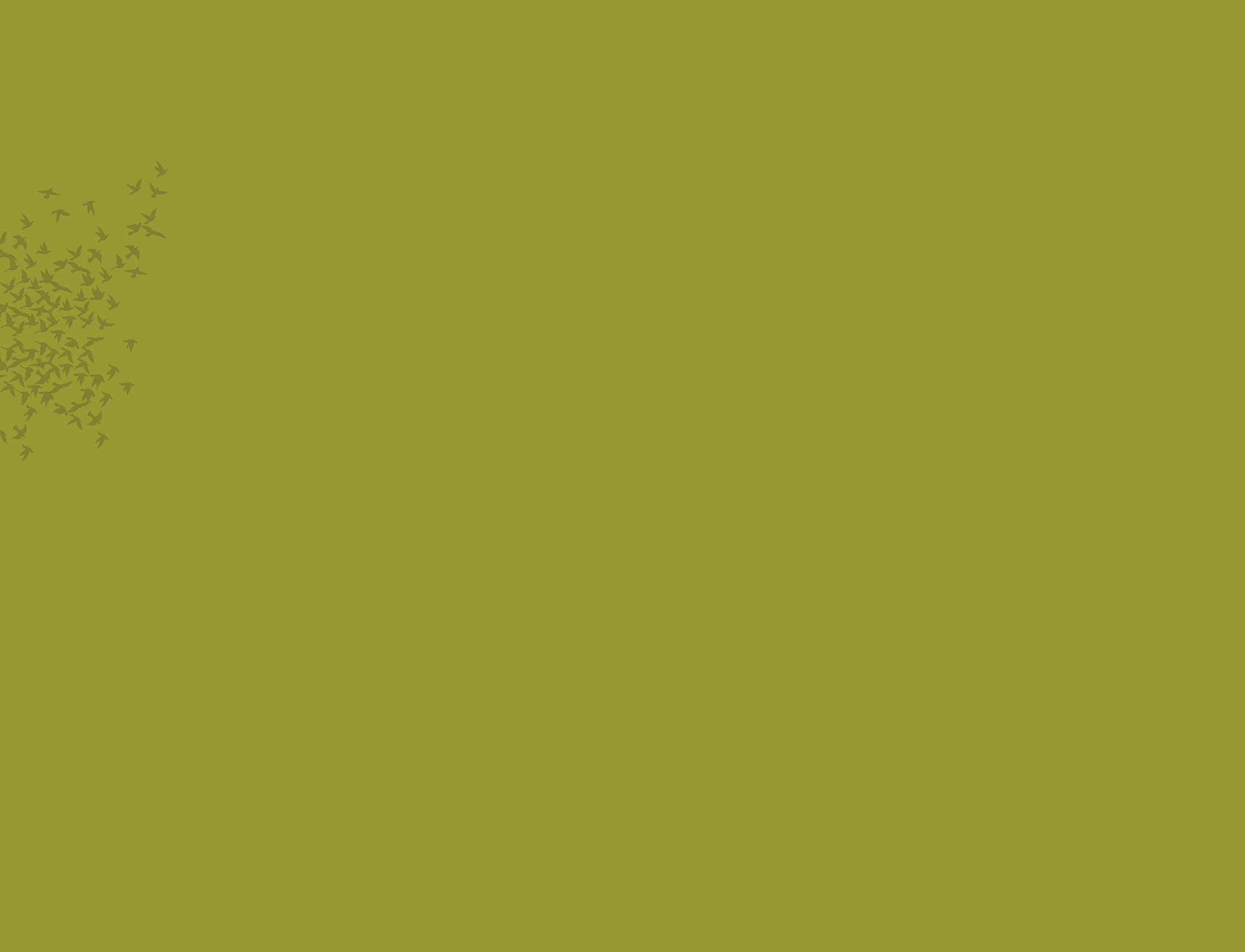Rüppell's Warbler
Curruca ruppeli (Temminck, 1823)
RUPWA  12690
12690

Family: Passeriformes > Sylviidae

Rüppell's Warbler has a rather limited breeding range (the maquis of Greece and Turkey) and migrates to wintering sites in Sudan and Chad; understandably, this is an extremely rare visitor to Britain.
Identification
Develop your bird ID skills with our training courses
Our interactive online courses are a great way to develop your bird identification skills, whether you're new to the hobby or a competent birder looking to hone your abilities.
Browse training coursesStatus and Trends
Population size and trends and patterns of distribution based on BTO surveys and atlases with data collected by BTO volunteers.
DISTRIBUTION
This vagrant is too rarely reported to map distribution.
Movement
Information about movement and migration based on online bird portals (e.g. BirdTrack), Ringing schemes and tracking studies.
RINGING RECOVERIES
View a summary of recoveries in the Online Ringing Report.
Biology
Lifecycle and body size information about Rüppell's Warbler, including statistics on nesting, eggs and lifespan based on BTO ringing and nest recording data.
PRODUCTIVITY & NESTING
Sample sizes are too small to report Productivity and Nesting statistics for this species.
BIOMETRICS
Sample sizes are too small to report Biometrics for this species.
Feather measurements and photos on featherbase 
CODES & CLASSIFICATION
Field Codes 
|
5-letter code: RUPWA | Euring: 12690 |
For information in another language (where available) click on a linked name
Links to more studies from ConservationEvidence.com
- Effects of the Arable Stewardship Pilot Scheme on breeding birds at field and farm-scales
- Conserving the Seychelles warbler Acrocephalus sechellensis by translocation: a transfer from Cousin Island to Aride Island
- Translocation of the Seychelles warbler Acrocephalus sechellensis to establish a new population on Denis Island, Seychelles
Read more studies about Rüppell's Warbler on Conservation Evidence >
Would you like to search for another species?





Share this page